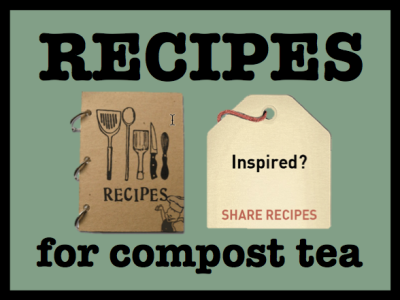Compost Tea
The purpose of compost tea is to multiply microbes by billions with compost and molasses. This begins when bacteria are consumed by microbes called protozoa. By creating a continual feeding cycle, you can essentially apply a living organism to your plant. Compost tea’s are primarily used to replenish or inoculate a soil medium with beneficial microbes. These microorganisms break down organic matter and make them available for plants. Cannabis compost tea recipes will undoubtably increase your yields.
Cannabis Compost Tea Recipes
Over the years, we have learned that the beauty of organics comes from its simplicity. At Balance, we try to mimic nature. We use compost tea to harness natures best. Compost Tea’s are unique and each tea is different. Cannabis thrives in a bacteria rich soil and prefers its nitrogen in the nitrate form. Tea’s strengthen your plants immune system when sprayed on foliage. Compost tea’s help prevent diseases, pathogens and pests. As a result, cultivators should use compost tea’s as an alternative to pesticides and fertilizers.
Compost tea’s should only be used in organic gardens. When the biology is established, nutrients will become available at rates plants require. An aerobic soil will never run out of nutrients. You will grow good plants when your soil has organic matter, good structure and biology. Large groups of microorganisms will colonize your garden. Our goal as gardeners is to build up the beneficial microorganisms in the soil food web because they bring out the best in plants.
Our EWC Tea Recipe
Brewing compost tea for cannabis is cheap and easy. Tea’s require 36 hours to brew so a good air pump is required. Bigger tea’s require bigger air pumps so choose your pump according to the size of tea you plan to brew. The water temperature range must be between 65 and 75 F. Add one cup of worm castings for every five gallons of water. Also add 1 tsp of molasses per gallon of water. Your water should be free of chlorine. If you are using tap water, let it sit out in the sunlight for 3 days before using or purchase a water filter to removes chlorines.
Sources
Check out Dr. Elaine Ingham! She is an expert on the soil food web and compost tea’s.
Also check out Jeff Lowenfels. He is the author of Teaming with Microbes: The Organic Gardner’s Guide to the Soil Food Web.
